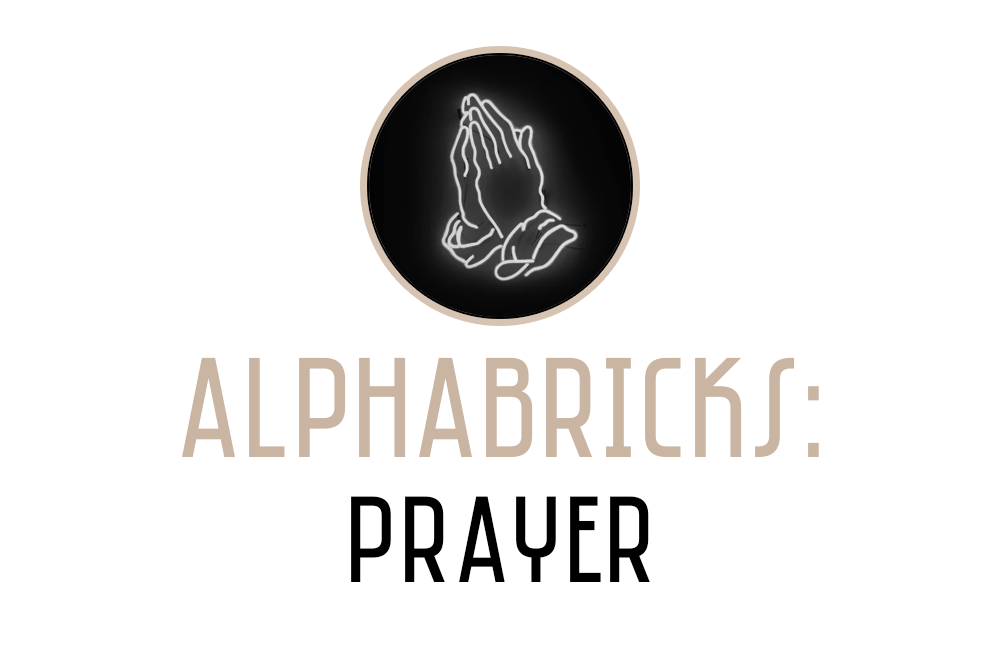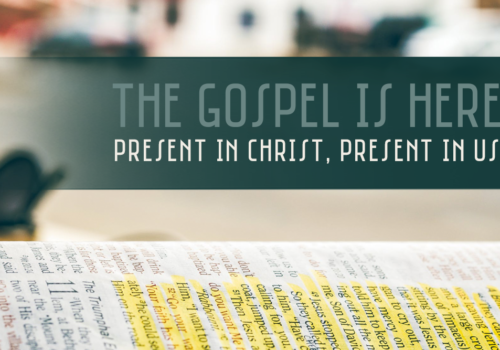Snap Shot
Prayer is a conversation with God—it is the action of man speaking to God and Him listening; and God speaking to man and him listening.
“It is a ‘beseeching the Lord’ (Exodus 32:11); ‘pouring out the soul before the Lord’ (1Samuel 1:15); ‘praying and crying to heaven’ (2Chronicles 32:20); ‘seeking unto God and making supplication’ (Job 8:5); ‘drawing near to God’ (Psalm 73:28); ‘bowing the knees’ (Ephesians 3:14)” (Easton 1897).
The Who, What, When, and How of Prayer
Jesus instructed this disciples that, “… when you pray, go into your room and shut the door and pray to your Father who is in secret. And your Father who sees in secret will reward you” (Matthew 6:6 ESV).
Notice that our Lord did not say if you pray; rather, He said when you pray meaning that prayer is not a happenstance occurrence, but a regular aspect of a believer’s life. As in any natural, growing relationship where presence and conversation is a necessity, so too, is such required in a developing and maturing relationship with the Lord.
Especially notice also where the Father can always be found—in the secret place. Where is the secret place? It is more than a physical location, although that can be important and enhancing to one’s prayer, but the secret place is simply you being totally alone with Him, focused and free from the clamor of the world. And while there is no biblically specific time or duration to shut the door to the world and be alone with the Father, a healthy practice is to have a set time every morning to spend time in the secret place before your day gets started.
Jesus also instructed believers how to pray and to whom in Matthew 6:9-13, which opens with:
“Pray then like this: ‘Our Father in heaven, hallowed be your name’” (Matthew 6:9 ESV).
Of note is the term our where the believer is connected to the Father through their relationship with Christ Jesus vertically and other believers horizontally (when Jesus said our He was speaking of both Himself and the believer).
“Our relationship with God is not inherent in us apart from his redemptive sacrifice. He took our nature and became the Son of Man in order that we might receive the adoption of sons. We cannot think of ourselves in our praying apart from Jesus Christ, because positionally we are “in him.” In God’s sight we are “accepted in the beloved.” The ground of acceptance into the Father’s presence is never our right apart from or separated from Jesus Christ. Therefore, the word “our” links us with him and his finished work on our behalf on the cross. We are heard only as we abide in him and his words abide in us. Only then may we ask what we will and be assured that it will be done for us.”[1]
Abiding in Him and letting His Word abide in us is essential to having our prayers heard and answered:
• To be heard: “And this is the confidence that we have in him, that, if we ask any thing according to his will, he heareth us: And if we know that he hear us, whatsoever we ask, we know that we have the petitions that we desired of him” (1 John 5:14-15 KJV);
• To be answered: “You did not choose me, but I chose you and appointed you that you should go and bear fruit and that your fruit should abide, so that whatever you ask the Father in my name, he may give it to you” (John 15:16 ESV).
Prayer and Providence
We know that God’s will is established; yet, He instructs us to pray that His will be done in earth (established/fixed in this present life) as it is in heaven (already fixed in everything) (cf. 6:10). For example it is God’s will for the sun to rise and the night to fall and it does without question; yet, it is also God’s will “…not wishing that any should perish, but that all should reach repentance”(2 Peter 3:9 ESV); yet, many perish without repenting.
How then can man’s prayers and God’s providence be reconciled?
It is clear from Scripture that God works in conjunction with man and does not act in some things if they fail to do their part. This is illustrated when Jesus was in His hometown of Nazareth where He marveled at their unbelief while only able to heal a small number. His healing power was not dwarfed any; yet, the people did not bring the needy ones to Him, no doubt through a lack of personal faith.
Conversely, the woman with the issue of blood came to Him in faith believing that touching just the hem of His garment would make her whole. This “partnership” God has ordained between Himself and man’s faith in entreaties is summed up in Hebrews 11:6 ESV,
“And without faith it is impossible to please him, for whoever would draw near to God must believe that he exists and that he rewards those who seek him.”
“Thus, prayer does not change what He has purposed to do. It is the means by which He accomplishes His end. It is vital, then, that a prayer be uttered, for without it the desired result will not come to pass.”
Conclusion
Prayer must be more than selfish wishes and personal desires driven by the consumer mindset of today’s culture; rather, they must be regular petitions on the side of the Word, Spirit, and purposes of God. Additionally, “at the close of your prayer time, it is always well to add a request of the Holy Spirit to ‘remind you of everything [Jesus] has told you…(John 14:26) all through the day. Then the prayers of the morning will not be counteracted by the works of the day’” (Andrew Murray).



